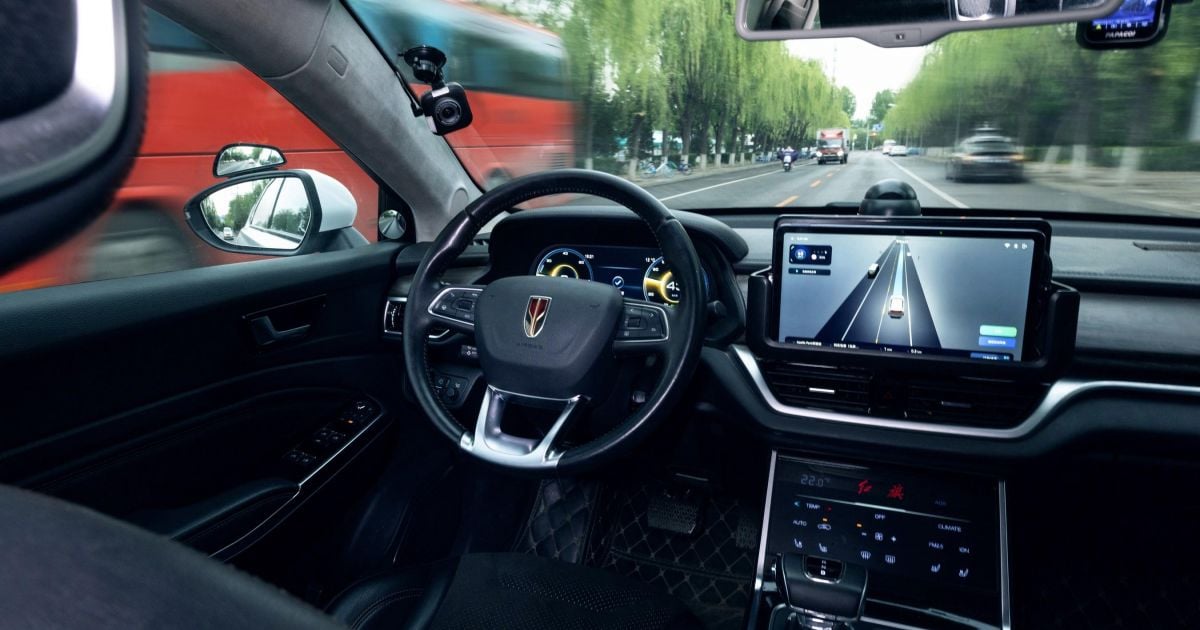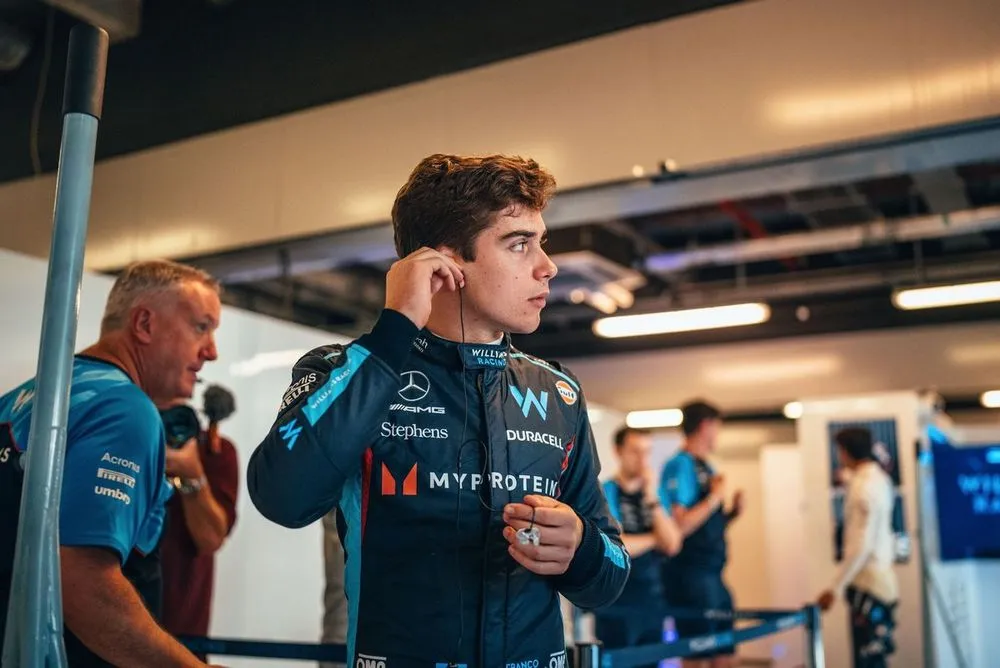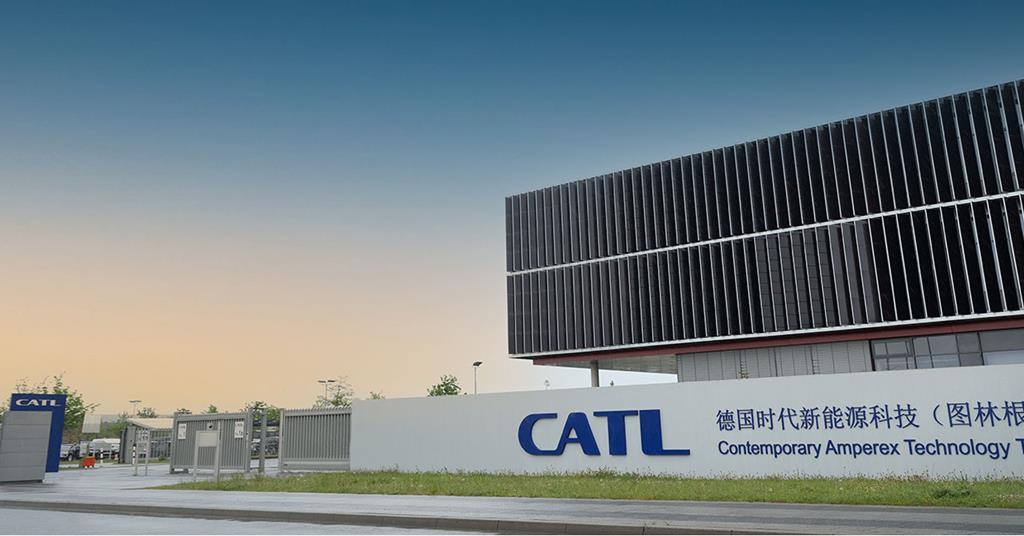Two Chinese driverless robotaxi services approved in Beijing

China has officially taken the next step in its journey to a driverless robotaxi future. Two voluntary rideshare companies, Pony.ai and Baidu’s Apollo Go, have been officially tried to uncork using their SAE Level 4 voluntary robotaxi fleets on public roads in Beijing without an operator in the suburbanite seat. Although both companies aren’t required to have an operator overdue the wheel any more, they need to have a staff member somewhere in the vehicle. For example, a Pony.ai safety supervisor is required to sit in the front passenger seat. These two companies are now permitted to operate their robotaxi fleets within a 60 square kilometre designated zone in the Yizhuang district of the Chinese capital, which is three times increasingly than previous permits allowed. Baidu says it’ll initially run 10 of its Apollo Go voluntary vehicles without drivers overdue the steering wheel, and CNBC says Pony.ai will initially have a squadron of four driverless robotaxis. Both companies have aspirations to expand their robotaxi fleets, with Baidu indicating it plans to add 30 increasingly voluntary vehicles “at a later stage”. At this stage Baidu’s robotaxi squadron will operate during daytime from 10AM to 4PM, with users worldly-wise to hail a driverless ride using the Apollo Go mobile app. Pony.ai users on the other hand are now worldly-wise to hail a driverless robotaxi from 9AM to 5PM using the PonyPilot mobile app. In order to obtain this driverless permit, Pony.ai had to pass safety criteria testing how the voluntary car could navigate unprotected left turns, temporary construction zones, smog, as well as heavy rain and snowy conditions. It’s expected Baidu had to go through a similar process in order to receive the driverless permit. “Pony.ai’s clearance to operate driverless robotaxis in Beijing is a hair-trigger milestone in the transition from testing driverless voluntary vehicles within Pony.ai to offering driverless robotaxi rides to public passengers,” said Pony.ai co-founder and CEO James Peng. Both Baidu and Pony.ai were granted commercial permits in November 2021 to uncork charging fees for robotaxi services when there are safety operators in the driver’s seat. It’s unclear if this rolls over to the driverless robotaxi services though. Chinese-American robotaxi visitor Pony.ai was founded in late 2016 and claims to have conducted over 11 million real-world voluntary driving kilometres globally. It moreover has partnerships with OEMs such as Toyota, FAW Group and GAC Group. Baidu on the other hand, is a Chinese multinational technology visitor which was founded in 2000. It’s weightier known for its search engine and it launched its Apollo voluntary vehicle project in 2017. These Chinese driverless voluntary vehicles aren’t a world-first, with companies such as Alphabet’s Waymo and GM’s subsidiary Cruise once operating robotaxis with no staff in vehicles in unrepealable areas of the USA. Waymo is once charging customers to use its robotaxis in Arizona, whereas Cruise is waiting for clearance of a permit that’ll indulge it tuition customers in San Francisco. Other automakers such as Volkswagen and Hyundai have moreover been working on voluntary robotaxis, thanks to strategic partners, with the unstipulated aim of rolling these out surpassing the middle of the decade. MORE: How voluntary is my car? Levels of self-driving explained




.jpg)




.jpg)





.jpg)

.jpg)
